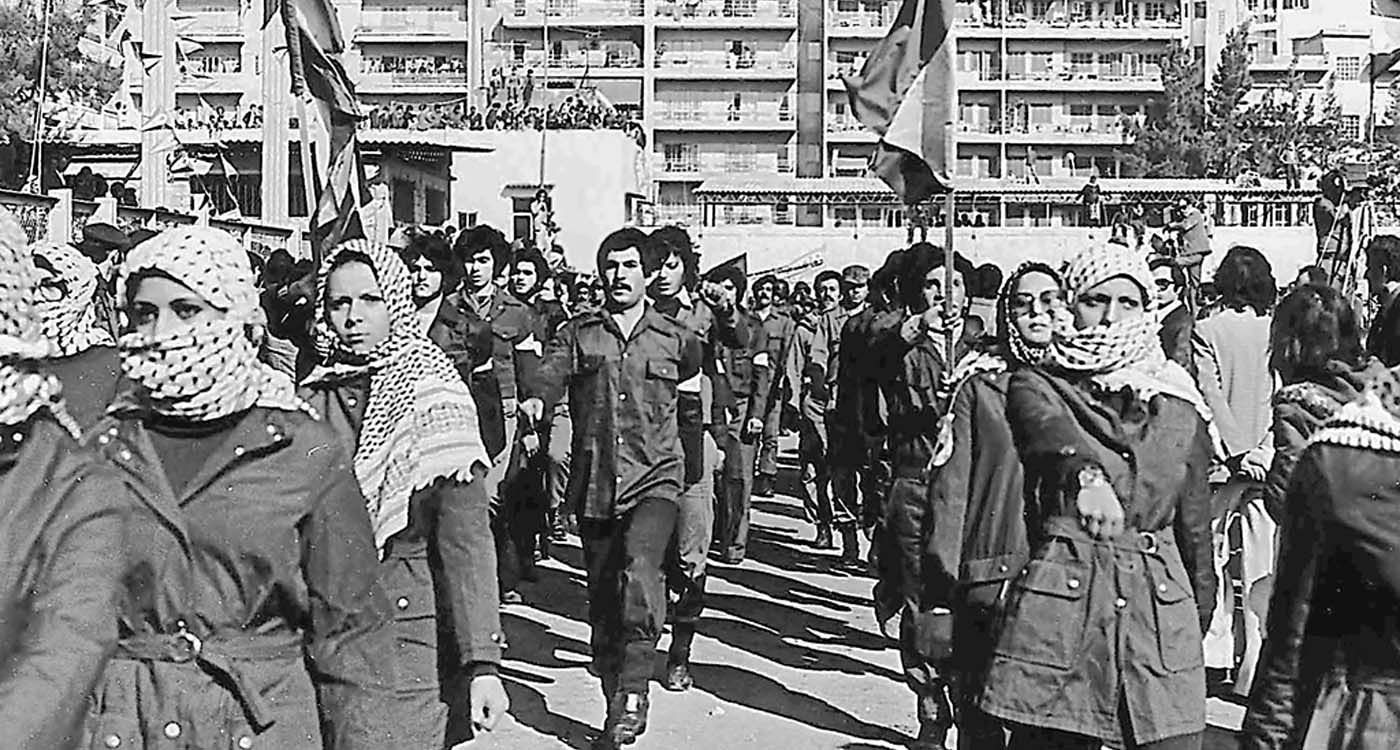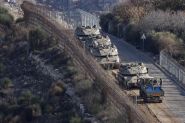
Major developments are unfolding rapidly in the Levant, placing the region before what increasingly seems like an urgent reality: Hezbollah’s leadership, and more broadly its Iranian backers, need to align their political conduct with the so-called “reality principle.” In psychoanalytic terms, the “reality principle” means facing facts with clarity and insight, and adapting to circumstances as they are — even when doing so clashes with publicly declared ambitions or rigid ideological positions.
In Lebanon, Hezbollah’s leaders, cadres, and fighters now face a new reality that the group seems largely unaware of — one that is far from flattering. Hezbollah has moved from the stage of so-called “resistance,” once a source of pride, to a politics of ostrich-like avoidance in the face of daily Israeli raids that are increasingly destructive and deadly. At the same time, the faction has shifted from the once-noble phase of “martyrdom on the road to Jerusalem” to concerns that now seem largely trivial, even absurd — excuse the stretch of the term — from projecting images onto the Raouche Rock, to a shadowy politically aligned NGO, to a gathering of young scouts giving a Nazi salute in a sports stadium.
The pro-Iranian group is more than ever trapped in an outdated ideology and a rigid, unquestioning loyalty to the Supreme Leader of the Islamic Republic. As a result, it struggles to acknowledge its growing isolation on the domestic scene and the contradictions in its political stance. Having lost its regional role as a strike force and military instructor in neighboring countries on behalf of the Pasdaran — and, above all, being unable to act as a warmonger against Israel — Hezbollah has been reduced to a much narrower and far less prestigious role. Its focus is now turned inward, toward the Lebanese state and local actors.
Worse still, while profound upheavals have shaken and continue to reshape the entire region of the Levant, Hezbollah remains frozen in the dogmatic, backward-looking political discourse of the 1990s and seems unable to take stock and acknowledge, likely under the influence of its Iranian backers, that the Middle East has changed radically and that a new geopolitical landscape is taking shape.
Long before Hezbollah, other regional players, all significant, knew how to follow the “reality principle” and take the balance of power into account in their decisions. In 1982, for example, when the Israeli army besieged Beirut, the PLO did not stubbornly cling to its positions and instead withdrew from Lebanon, ending the dominance it had maintained over the country since the late 1960s. Likewise, after the October 1973 war, Egyptian President Anwar Sadat agreed to end the fighting and the long-standing conflict with Israel once he realized, as he would later stress publicly, that he was actually at war with the United States and not just with Israel.
The great misfortune faced by the peoples of the Levant since the outbreak of the Middle East conflict in the late 1940s lies in the tendency of the region’s leaders to let complete irrationality and unreasonable behavior prevail over clear-sightedness and geopolitical pragmatism. The result of these seventy-five years of futile military ventures speaks for itself. Today, it is high time to put an end to blindness, deception, dogmatism — and, above all, to intellectual terrorism — a force of alienation and a barrier to social well-being, progress, openness to others, and the long-awaited, lasting peace. The prosperity of all peoples in this region depends on it.




Comments